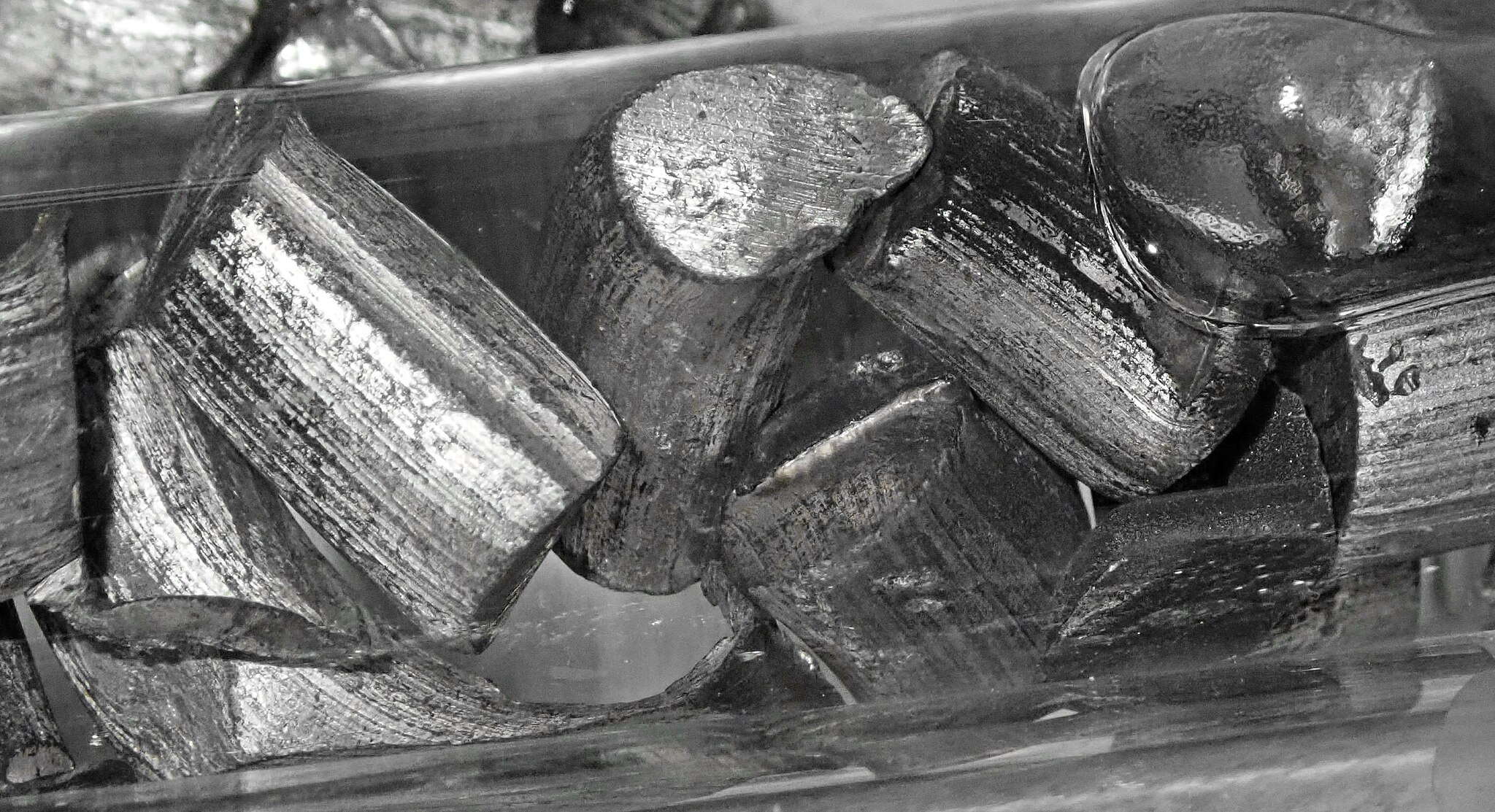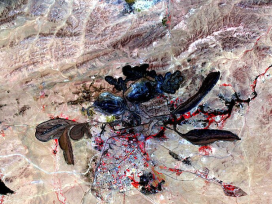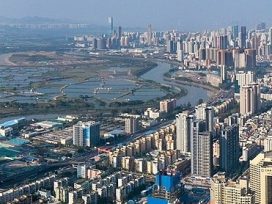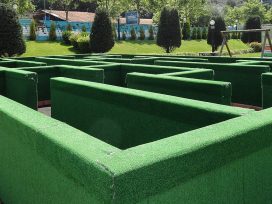Cerium, praseodymium, scandium – silvery, malleable, flammable, exhilaratingly versatile. Listening back to Julie Klinger, author of Rare Earth Frontiers, in conversation with Misha Glenny, at the Vienna Humanities Festival 2024, one can’t help but feel the thrill of rare earths for their impact on renewables. These materials are abundantly present in daily life: powering everything from phones and vaping pens to wind turbines and electric vehicles enabling the green transition.
The industries behind mining and processing these metals operated quietly for a long time. That is, until Japanese coastguards arrested a Chinese fisherman in September 2010 after a collision in disputed waters, an area claimed by both nations. When conflict ensued, the Chinese government abruptly cut off its exports of rare earths and raw materials to Japan. The result was no less than a global shock, as the prizes of rare earths soared. The move demonstrated China’s dominance, at that point controlling over 70% of the world’s rare earth extraction and processing, raising alarm bells for governments and companies all over the world.
Today, the scramble for rare earth elements is not merely competition between global superpowers for raw materials to meet energy transition goals. It is also heavily connected to military developments worldwide, as rare earths are increasingly integrated into modern weapon technology. According to Klinger, this is where the West’s true vulnerability lies, giving the US as example: ‘one of the conclusions in the recent Department of Defence report, which projected out the material needs for a hypothetical war with China by 2027, was that it wouldn’t be feasible, because so much of the important components for defence technologies come from China.’ Her audacious remark uncovers how deep the rare earth industry cuts into the future of all technology, and how current Western attempts to reduce dependency are merely scratching the surface.
Meanwhile in Europe
The EU’s initial response to the scramble was officially listing those raw materials critical to the green transition in 2011. In 2024, the list formed the basis of the Critical Raw Materials Act, promising to reduce dependency on China by ‘diversifying the supply’. But how’s that going?
One of the EU’s biggest hurdles in the quest for more materials – one could say somewhat lavishly – is democracy. Rare earth mining is a dirty business and local communities fear pollution and environmental destruction. Opposition to mining is therefore building across Europe. And understandably so: ‘if 2%’ … of a mined area … ‘contains rare earth elements, that’s considered a really good deal,’ says Klinger. ‘When dug up, everything else, whatever it may be, whether it’s gold or silver or phosphate or uranium or thorium or arsenic, is left above ground. … Think about that: in a good scenario, 98% of the stuff that’s dug up is left behind as waste.’ In China, despite the processing and capture of these elements, decades of chemical build-up has made its way into the waterways, resulting in long-term impacts on children’s cognitive development and animal life.
Predrag Momčilovic writes on one of Europe’s largest mining resistances: protests against Rio Tinto’s project to open lithium mines in Serbia. The plans, which had seemingly been shelved, came back in full force when Aleksandar Vučić was re-elected president in 2022. Some of Serbia’s main prospective customers for the project are Olaf Scholz’s government and the EU. While Vučic and his right-wing government are repeatedly criticized for dismantling Serbian democracy, Germany and the EU continue with the planned collaboration.
According to Momčilovic, one effect of these double standards could be the continued decline in Serbian citizen support for joining the EU. Serbians fear that the country will be ‘a sacrificial zone for the European green transition’, as the crucial environmental impact hasn’t been significantly considered. ‘It appears geopolitics has once again prevailed over ideals, and the priority is to secure Serbia’s lithium before China or Russia,’ writes Momčilovic.
Industrial nationalism
Momčilovic’s essay defines how the scramble raises a conflict of interest in the EU. Europe’s reliance on rare earth supplies from China is creating fear of yet another energy dependency situation, which, despite planning efforts, hasn’t shrunk yet. The fact that the EU has managed to reduce its dependence on Russian gas to some extent should perhaps indicate an opportunity here, too. However, the need for European mining agreements will likely be unpopular and no doubt press on the EU’s democratic principles.
Within this conflict of values, a type of ‘industrial nationalism’ is being formed, which legitimizes protectionism against superpowers such as China and Russia. The mine is being presented as the most politically viable symbol for this movement, as the extraction of the raw material is the most obvious step towards desired independence. What isn’t being mentioned, however, is how Europe would still be almost fully dependent on China for its processing needs.
The EU has been caught short in trying to seize power over a commodity whose processing technology was determined decades ago. And in that rather futile struggle, the possibilities for other solutions have also disappeared. Research into rare earths has been chronically under-prioritized. And no one has so far come up with an effective means to recycle lithium-ion batteries. Somewhere along the line, the actual purpose of mining these materials – the hope of a fossil fuel-free and green future – has been buried.







